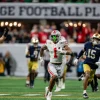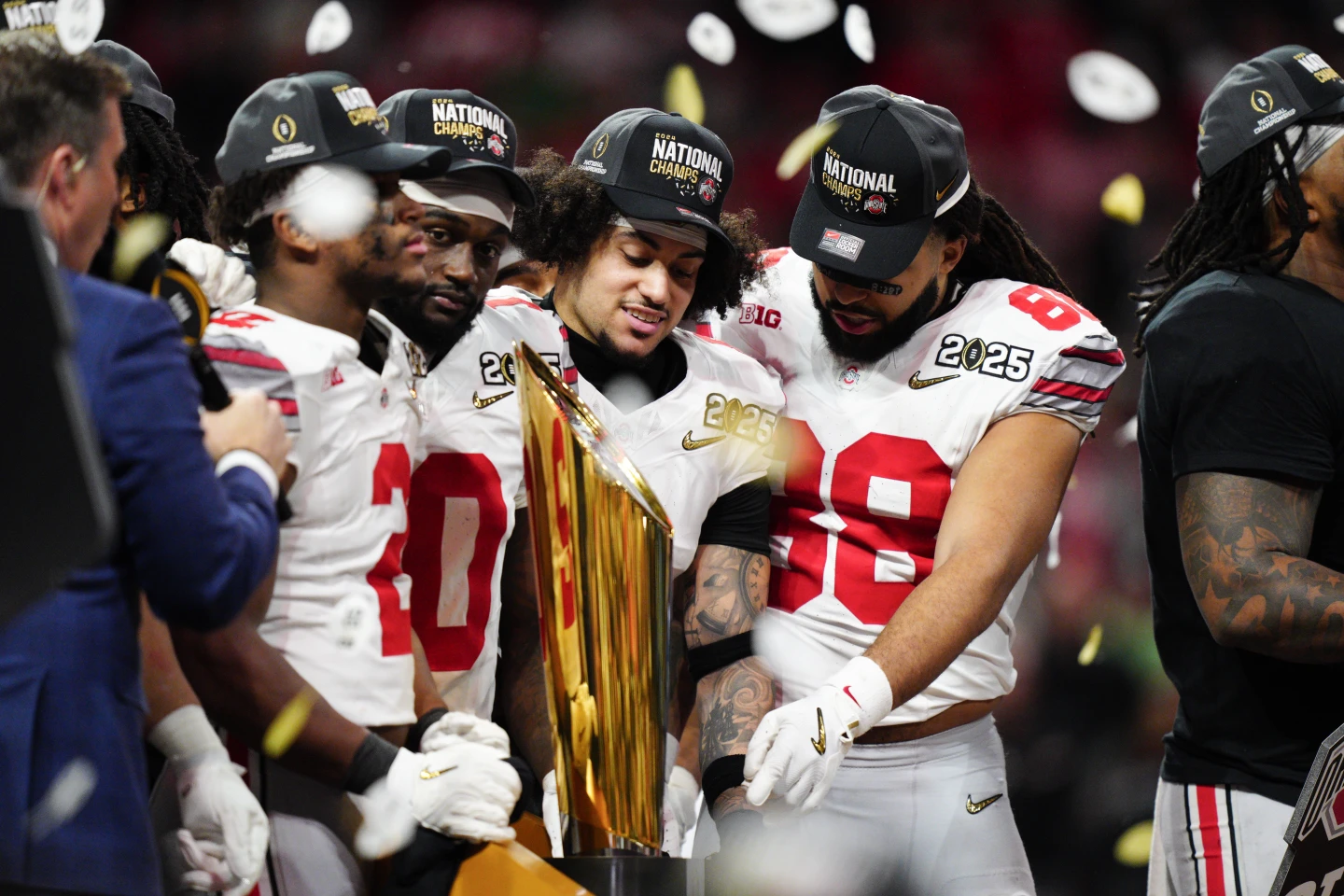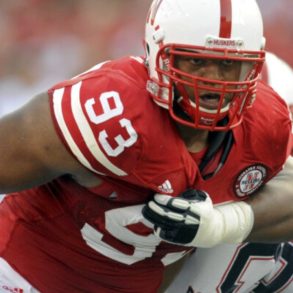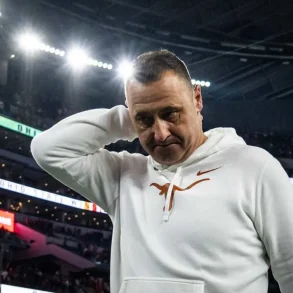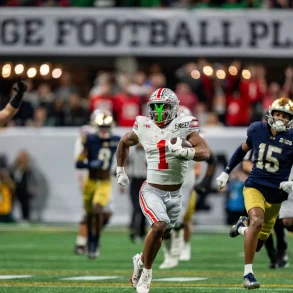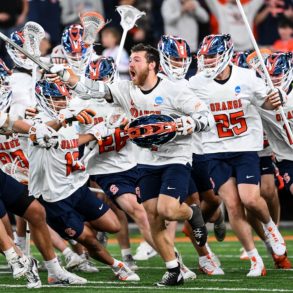Less than eight hours after President Donald Trump took the oath of office on Monday, Ohio State and Notre Dame began the College Football Playoff national championship game.
In some ways, these two events were closely linked. College sports, politics, and the legal system are increasingly intertwined, with the connections becoming clearer each day.
Trump’s second term could have long-lasting effects on college athletics, which is currently going through a period of significant change.
The national championship game, which Ohio State won, represents the peak of college sports, where there is a strong focus on money for schools, coaches, sponsors, and top athletes.
However, college sports are facing uncertain times, making this year especially important.
Some of the challenges ahead will be linked directly to Trump and a Congress controlled by Republicans, but lawsuits in the industry are also ongoing. This means the foundation of college sports could be shaken from multiple directions.
Below is a look at the most recent developments and how they could affect the future of college athletics. If you prefer simple answers to complex questions, be aware that some of these issues are still unresolved.
Department of Education
Just days before Joe Biden took office, the Department of Education’s Office for Civil Rights released a long-anticipated memo explaining how Title IX could apply to the name, image, and likeness (NIL) money that schools pay to their athletes.
Why is this important now? If the House v. NCAA antitrust case is settled in April, schools may begin sharing revenue with athletes by July.
According to the proposed settlement, schools could initially have up to $20.5 million to distribute if they choose to take part in the new system.
So far, most major programs plan to direct most of that pool to football and men’s basketball players.
.However, the OCR’s Title IX guidance stated that NIL payments are considered financial aid, meaning schools must ensure they treat male and female athletes fairly and proportionally. In a follow-up letter to Rep.
Lori Trahan (D-Massachusetts), the OCR emphasized that schools should offer financial assistance in proportion to the number of male and female athletes.
Does this bring us closer to a clear answer about how Title IX will impact revenue sharing? Not yet. The memo was just guidance, not an official law or regulation. The Department of Education under Trump could change or even cancel this guidance altogether. Sen.
Ted Cruz (R-Texas), a leading Republican on college sports policy, quickly criticized the memo, stating, “I predict this scheme will die on January 20th.”
As one athletic director from a major conference said (who wished to remain anonymous because their school doesn’t allow them to discuss federal policy): “We’re still at square one. We’re just even more confused now.”
Employment
Soon, Trump might appoint a new member to the National Labor Relations Board (NLRB), giving Republicans control over the federal agency that protects workers’ rights in the private sector. As a result, several groups recently dropped their efforts to have college athletes classified as employees.
This includes the Dartmouth men’s basketball team, an advocacy group that had filed an unfair labor practice charge against USC, the Pac-12, and the NCAA, and another group that argued Notre Dame, Northwestern, Dartmouth, the Ivy League, and the NCAA were wrongly classifying athletes.
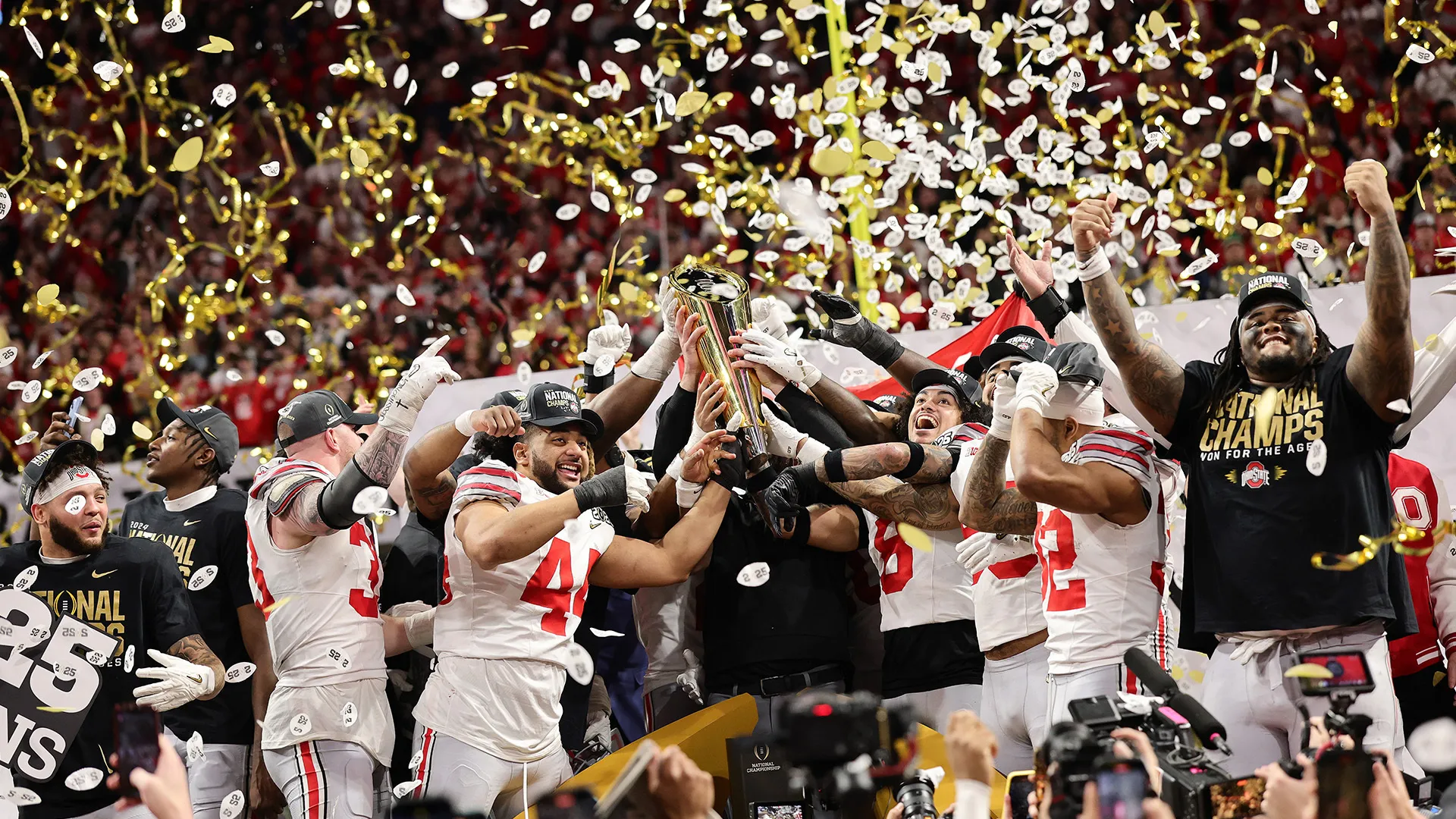
These groups chose to pause their efforts before the new NLRB could make decisions that might slow down or block future pushes for athlete employment.
The debate over employment status is still being discussed in federal court. For the next four years, anyone wanting to pursue this fight will have to go through the courts, not the NLRB.
Player movement
A lot has been happening with linebacker Xavier Lucas, who recently transferred from Wisconsin to Miami. Wisconsin didn’t allow Lucas to enter the transfer portal after he signed a two-year revenue-sharing agreement. Despite this, Lucas moved to Miami.
Wisconsin then issued a strong statement accusing Miami of breaking NCAA rules and the law by contacting Lucas when he wasn’t in the transfer portal. With support from the Big Ten, Wisconsin is prepared to take legal action if necessary, though they didn’t explicitly say so.
Lucas is represented by lawyer Darren Heitner, who spent part of the weekend publicly challenging Wisconsin’s statement on social media. This situation is one to watch closely, as a legal battle could influence future rules on player transfers.
If athletes are allowed to change schools without entering the portal, as the NCAA suggested in a recent statement, college free agency could become even more chaotic. (NCAA rules still prevent an athlete from playing for two different schools in the same season.)


